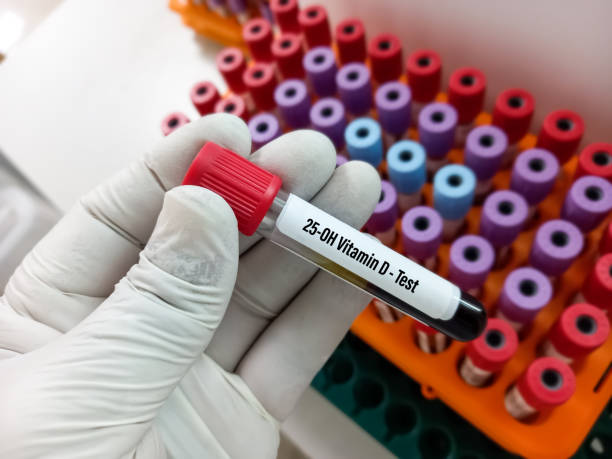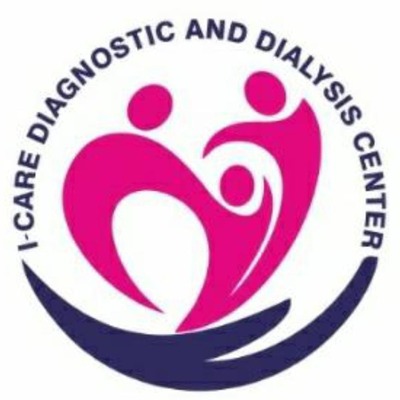+918048037212

This is your website preview.
Currently it only shows your basic business info. Start adding relevant business details such as description, images and products or services to gain your customers attention by using Boost 360 android app / iOS App / web portal.
Home blood collection, also known as at-home phleb...

Home blood collection, also known as at-home phlebotomy or home blood testing, is a service that allows individuals to have their blood samples collected in the comfort of their own homes instead of visiting a healthcare facility. This service is typically provided by specialized companies or healthcare organizations that arrange for a trained phlebotomist to visit the individual's home and collect the required blood samples. Here's how the process of free home blood collection usually works: Scheduling and appointment: The individual contacts the home blood collection service provider to schedule an appointment for the phlebotomist to visit their home. The appointment is usually arranged at a mutually convenient time. Sample collection kit delivery: Prior to the appointment, the service provider sends a blood sample collection kit to the individual's home. The kit typically includes the necessary supplies for blood collection, such as sterile blood collection tubes, alcohol swabs, gauze, and bandages. Phlebotomist visit: On the scheduled appointment day, a trained phlebotomist arrives at the individual's home. The phlebotomist will have the required equipment, including a portable blood collection chair, a tourniquet, and a needle. Sample collection procedure: The phlebotomist follows proper phlebotomy procedures to collect the blood samples. They locate a suitable vein, usually in the arm, clean the area with an alcohol swab, and insert a needle into the vein to draw the required amount of blood. The blood is collected into the provided tubes. Sample handling and transportation: After collection, the phlebotomist labels and securely seals the blood sample tubes. The samples are then appropriately packaged for transportation, following any necessary safety and biohazard guidelines. The service provider arranges for the collection and transportation of the samples to a laboratory for testing. Test results and consultation: Once the blood samples reach the laboratory, they are processed, analyzed, and the test results are generated. The individual receives the test results, usually through secure online portals, email, or by mail. In some cases, the service provider may offer consultations with healthcare professionals to discuss the test results and provide further guidance if needed. It's important to note that the availability of free home blood collection services may vary depending on the healthcare system, location, and specific service providers. While some companies may offer free services, others may charge a fee or require insurance coverage. Home blood collection can be beneficial for individuals who have difficulty visiting a healthcare facility due to mobility issues, transportation limitations, or time constraints. However, it's important to ensure that the service provider is reputable, follows proper safety protocols, and has trained professionals to perform the blood collection. Always consult with healthcare professionals or your primary care provider to determine if home blood collection is appropriate for your specific needs.

